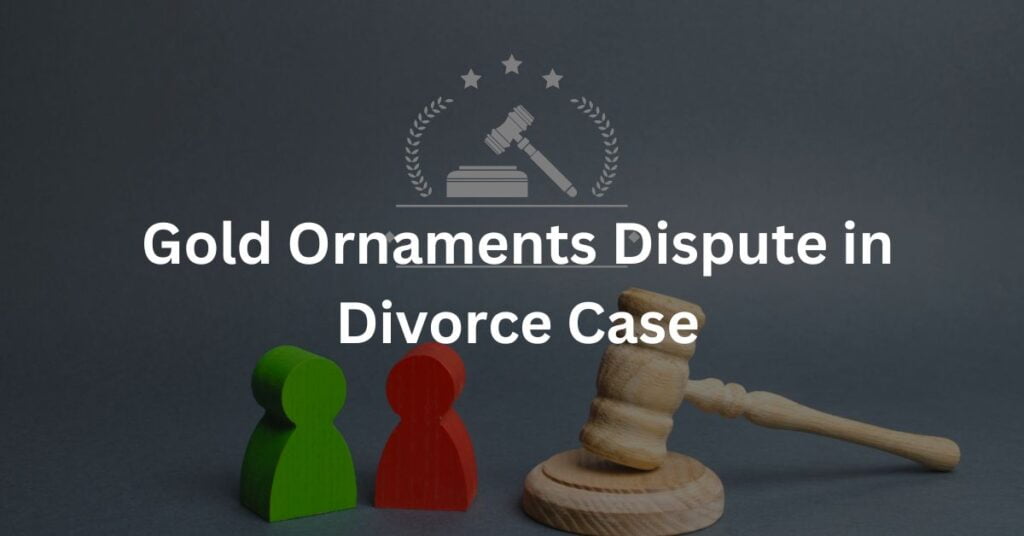Supreme Court Grants Divorce: Understanding Irretrievable Breakdown of Marriage
In a recent judgment, the Supreme Court of India granted divorce to Jatinder Kumar Sapra and Anupama Sapra, marking the end of their marital union. Let’s delve into the key aspects of this landmark decision.
Background and Legal Basis
The case stemmed from an appeal challenging an order passed by the High Court of Punjab and Haryana, which upheld the dismissal of a petition for divorce by the Family Court under Section 13(1)(ia) of the Hindu Marriage Act, 1955. The couple got married in 1991 but faced irreconcilable differences over the years.
Grounds for Divorce
Both parties alleged cruelty and ill-treatment against each other, leading to a breakdown in their relationship. Citing the precedent set in the case of Shilpa Sailesh v. Varun Sreenivasan, the Supreme Court emphasized the need for a factual determination of irretrievable breakdown of marriage. Various factors, including the period of separation, attempts at reconciliation, and welfare of children, were considered.
Court’s Decision and Alimony
After due consideration of submissions and evidence, the Supreme Court concluded that the marriage had irretrievably broken down, warranting divorce. However, it ordered the appellant to pay Rs. 50,00,000/- (Rupees Fifty Lakh Only) as permanent alimony to the respondent in installments over five months.
Conclusion
With the decree of divorce issued, the legal battle between the parties comes to an end. This judgment underscores the importance of recognizing irretrievable breakdown of marriage as a valid ground for divorce, ensuring fairness and justice for both parties involved.
This summary provides a detailed overview of the Supreme Court’s judgment on divorce, focusing on the concept of irretrievable breakdown of marriage and its legal implications.



